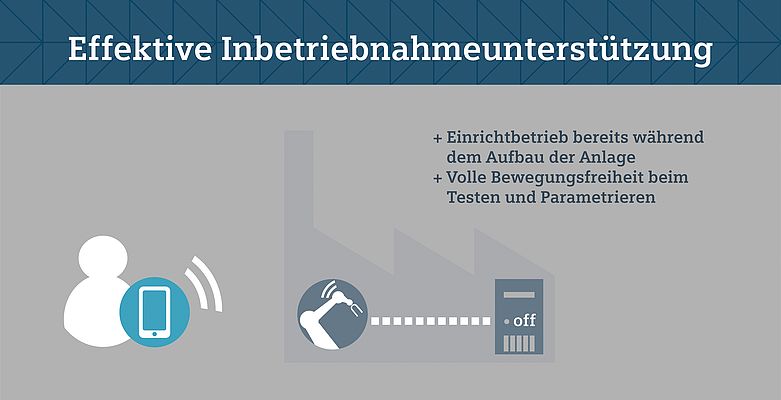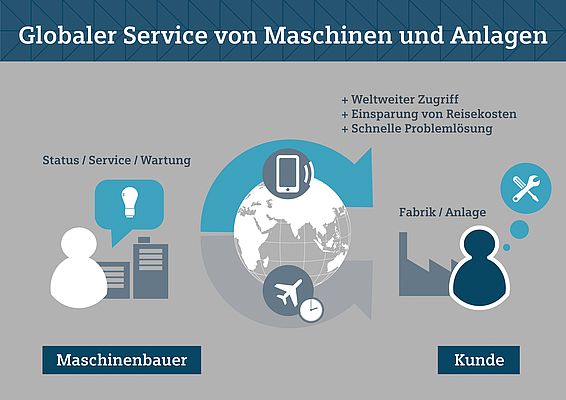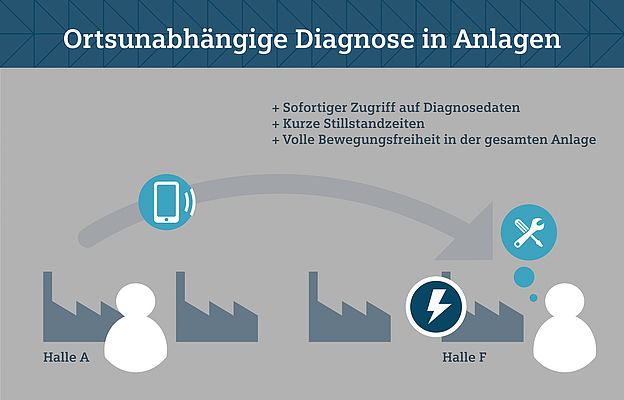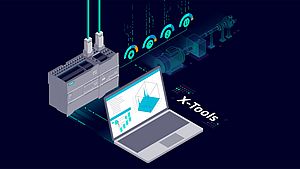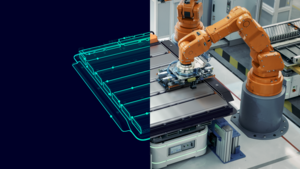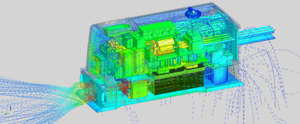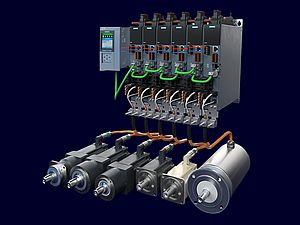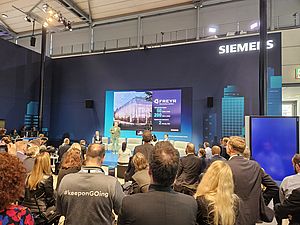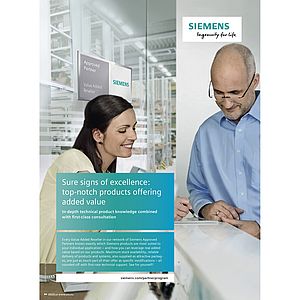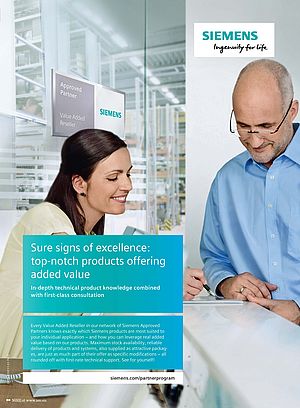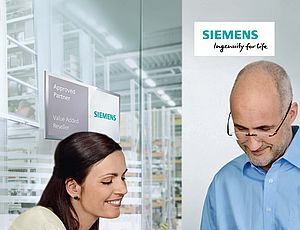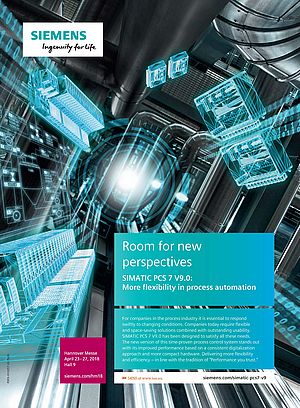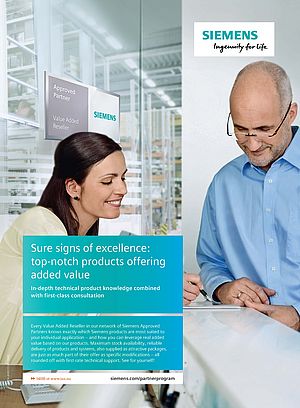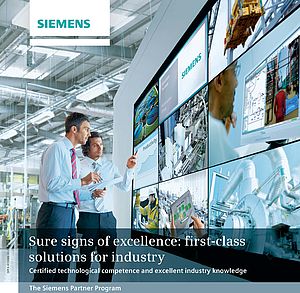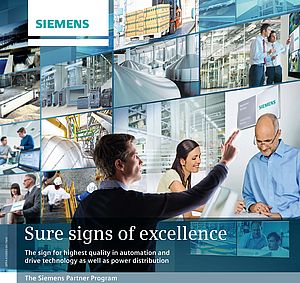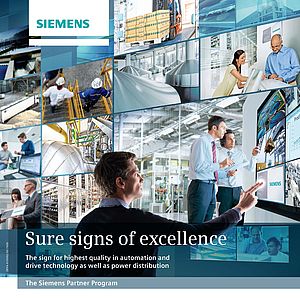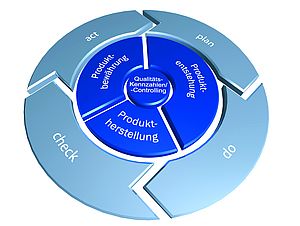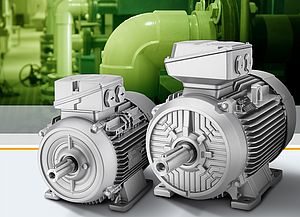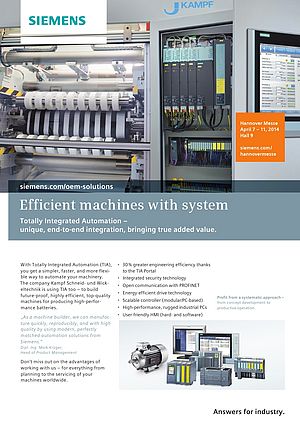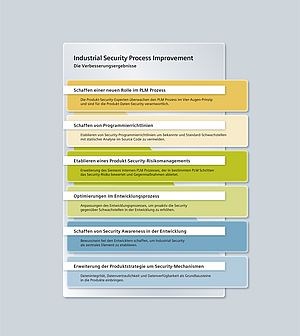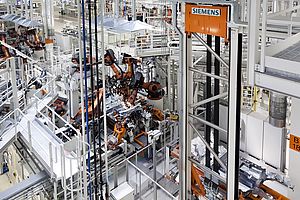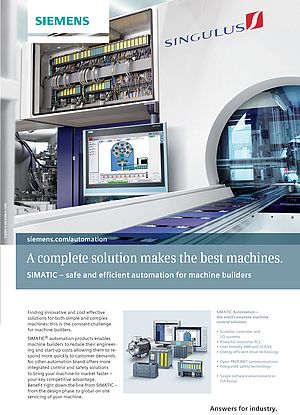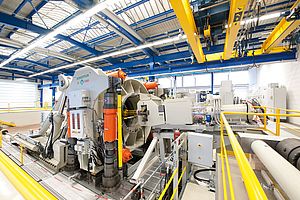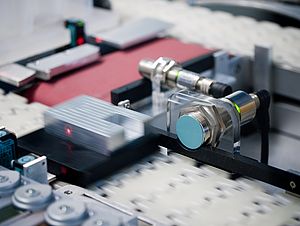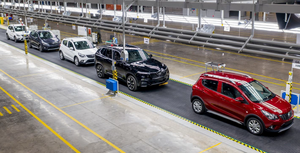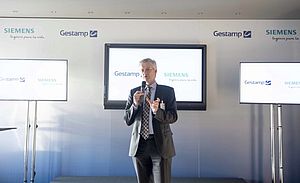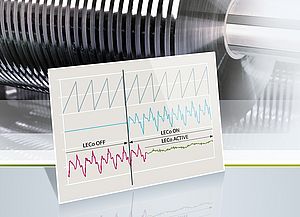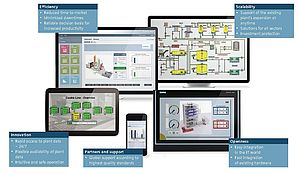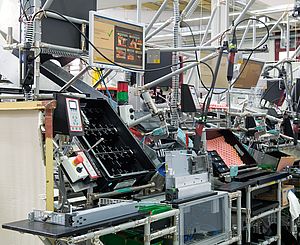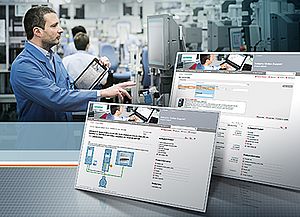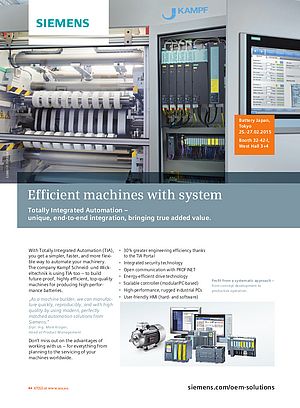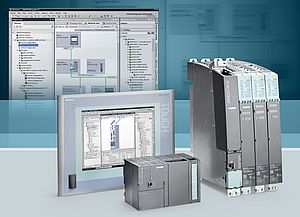A genuine success story: the smartphone paved the way, followed by handy tablets, and now both private and professional environments would be unimaginable without these mobile devices.
Especially in the field of industrial applications, the first apps soon followed, enabling users to exploit the convenience and computing power of these smart devices for tasks in the production environment as well. Scenarios of actual applications soon make it clear where the benefits of technical apps can be found in industry. Body text:* No one at Siemens expected success on this scale, when over a year ago the first apps were launched for selected Simatic products and for the technical support of users.
Since then, the Industry Online Support app alone has been downloaded over 150,000 times. The technical apps for the controllers S7-1200, Logo! and Simatic HMI account for another 30,000 downloads.
Effective support in commissioning and service
An example of a typical application for technical apps is commissioning.
In addition to this, the apps are also useful to personnel during the commissioning phase. Machine builders are faced with the challenge or commissioning and setting up plants and machines all over the world. This means that their personnel are almost constantly on the move.
The appropriate app offers the teams two advantages at once: It means they are more productive and efficient while traveling and that they can also solve some problems or perform tasks without having to be present at the machine location. (Fig. 2) In addition, apps simplify servicing of the plants.
Greater productivity in plant operation
But the plant operator also benefits from the technical apps. Plants are become larger all the time and service personnel are often responsible for several buildings or even different sites. In concrete terms, the service engineer is notified by the plant operator that the plant is at a standstill - and he can immediately start troubleshooting by using the corresponding app to retrieve the diagnostic and status information from the controller or from the HMI panel. (Fig. 1)
From the sensor data, he can see whether the fault is in the process itself (perhaps because a lock has not engaged properly or because material is missing), whether the motor is not functioning, whether there is a fault in the distributed I/O, or whether there is an error in the controller program. In complicated cases he can easily send a corresponding service request containing all the necessary information to Siemens Support by means of the Online Support app - the service engineer at Siemens can then offer more specific help, enabling the plant to resume operation sooner.
In exactly the same way, plants can also be monitored via the app from outside the factory site - in order ensure productivity at distributed production sites, for example. But facilities that operate without any permanent personnel can also be made more productive in this way, one example being biogas plants. Here the plant operator can check at any time by means of the app whether everything is in order or whether adjustments have to be made.
Ideas in demand: simple testing of apps
Apart from the possible applications presented here, however, Klössinger is certain that there are numerous other ways of making machines and apps more productive in combination. In order that users can test the possibilities of the apps easily and without risk, Siemens offers a free test version of its apps, which is linked to a special demo server at Siemens.
Expansion of the range and additional scenarios
In the coming months Siemens will extend its range of technical apps. The aim is to offer corresponding apps for all core products, giving rise to even more applications. It is conceivable therefore that in future apps will also be used for the factory acceptance testing of machines to test the interface of the machine to the higher-level information system in the planned plant. Your_subheading Text conclusion / prospects / summary:* Your Headline_conclusion/prospects... Your_conclusion... Text for box / insert: optional
The VDMA on the use of smart devices in industry
For one year now, the VDMA working group "Mobiles, Tablets, Apps and Co." has likewise been occupied with the question of how smart devices can be integrated into industrial products and processes. Together with other manufacturers and users in this workgroup, Siemens discusses the general challenges and solutions. One of the aims is to publish a corresponding guideline that covers the application scenarios, business models and cost effectiveness, requirements from industry, platforms such as the topic of software engineering, including user-friendliness. It also presents examples of successful apps.
This guideline will be published before the end of 2014, as companies are very interested in it. Further events dealing with an exchange of information will follow. One information event is already firmly scheduled at the VDMA in Frankfurt for November 10, 2014, at which feedback will be gathered on the guideline and other topics for future work.


